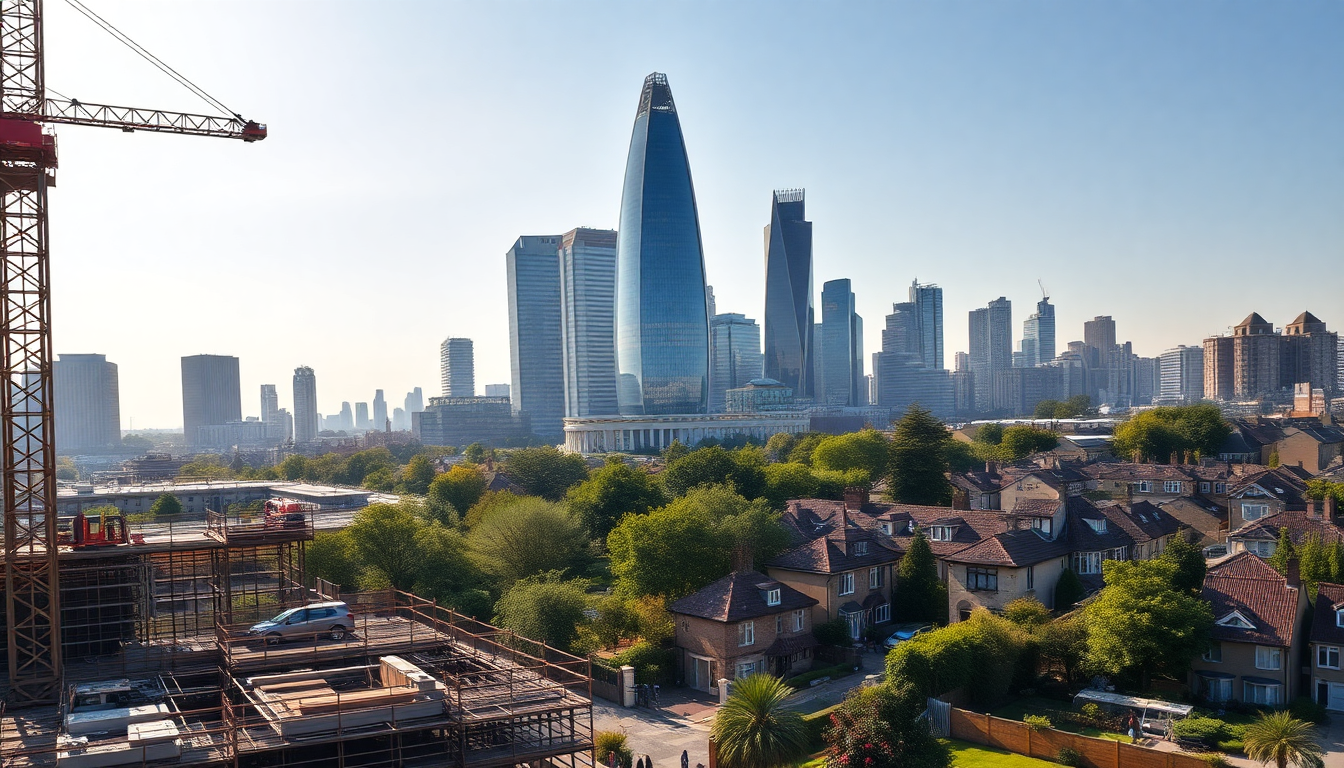Table of Contents
In the world of real estate, have you ever wondered how global events impact local markets? For investors and stakeholders, grasping this connection is vital. The past few years have vividly illustrated how international happenings can create ripples that affect property values, investor sentiment, and market stability. Let’s dive into this intriguing topic and explore key events that have shaped our understanding of real estate trends and what they mean for future investments.
The Ripple Effects of Global Events
Recent global events—think geopolitical tensions, economic shifts, and even natural disasters—have dramatically influenced the real estate landscape. Take the ongoing refugee crisis, for example; it has sparked a surge in housing demand in areas welcoming newcomers, driving prices up. On the flip side, economic downturns tend to sap consumer confidence, leading to fewer property transactions. Isn’t it fascinating how interconnected our world has become?
Moreover, the pandemic has completely transformed our perception of space. With many reevaluating their living situations, there’s been a significant shift toward suburban and rural properties. Urban dwellers are now on the hunt for more space and affordability. Real estate analytics indicate that locations once deemed secondary markets are experiencing a surge in demand—proof that in real estate, **location really is everything**.
How Local Markets React to Global Trends
So, how do local markets respond to these broader global trends? A key factor is interest rates, which fluctuate based on international economic policies. When rates rise, affordability dips, often cooling buyer enthusiasm and slowing sales. Have you noticed how a simple economic shift can change the landscape?
Additionally, demographic changes influenced by global events are reshaping local markets. The rise of remote work means buyers are increasingly prioritizing home office spaces and access to outdoor amenities. This shift has sparked a growing interest in single-family homes over condos, which used to be the go-to for urban dwellers. It’s a remarkable evolution in buyer preferences!
Unlocking Investment Opportunities
For sharp investors, understanding these dynamics reveals unique opportunities. Properties in locations that show resilience to global events—or those predicted to grow due to demographic changes—can deliver impressive returns. By analyzing market data like **ROI** and **cap rates**, one can pinpoint areas poised for appreciation. Are you ready to dive into the numbers?
Diversifying your investment portfolio is another savvy strategy to protect against potential downturns. This means not just investing in various property types but also across different geographic locations to spread risk. By staying attuned to the interplay between global occurrences and local markets, investors can position themselves advantageously in this ever-evolving landscape. What are your thoughts on diversifying?
Looking Ahead: Market Predictions
As we gaze into the future, it’s clear that the real estate market will continue to feel the effects of global events. Current trends suggest that adaptability will be essential for both buyers and investors. Those who can pivot and respond to changing economic climates are likely to thrive. Are you prepared to embrace change?
In summary, the relationship between global events and local real estate markets is undeniable. By staying informed and thoroughly analyzing market data, stakeholders can navigate these complexities and uncover potential opportunities in the real estate arena. Are you ready to explore what this means for your future investments?


